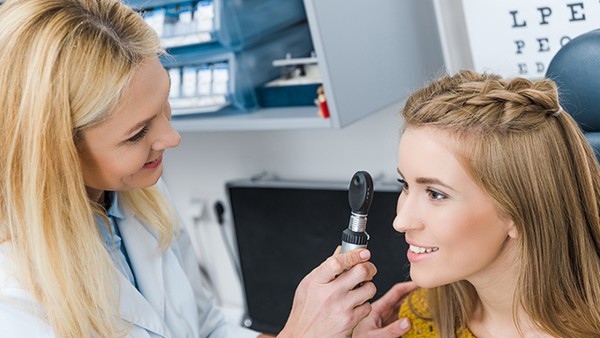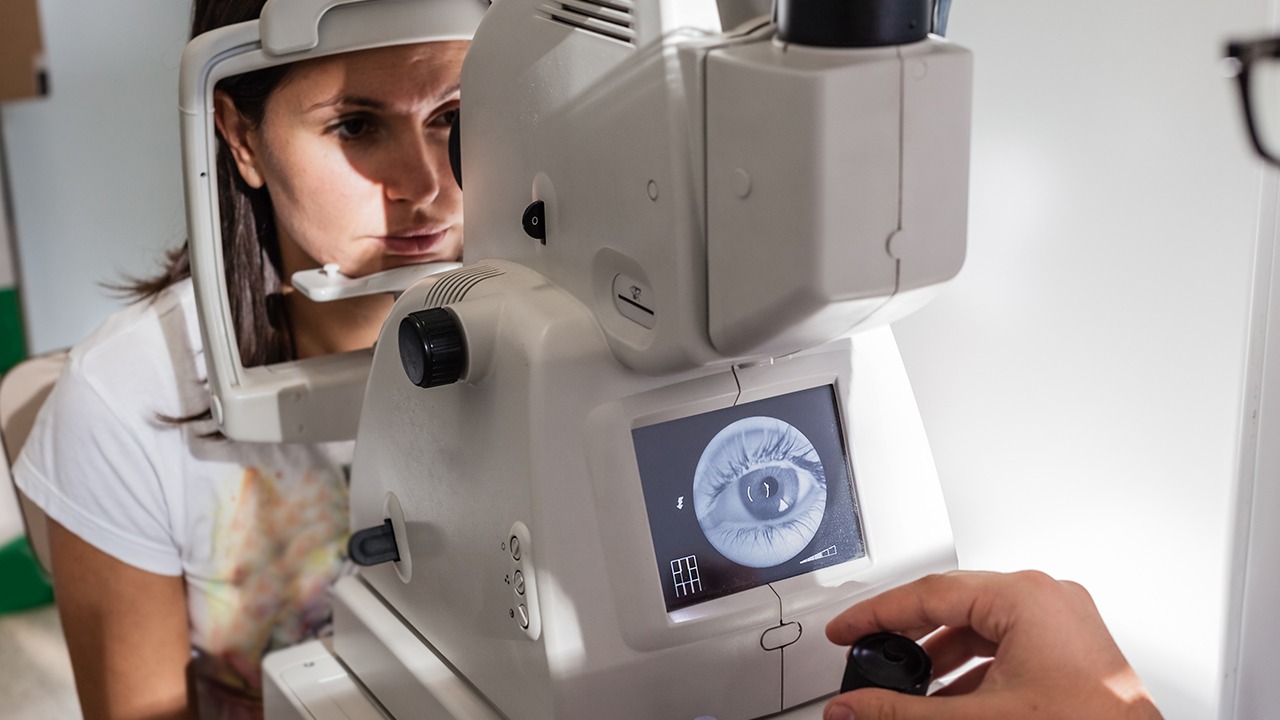What to Pay Attention to in Neonatal Jaundice

Introduction
Neonatal jaundice is a common condition in newborns that causes the skin and whites of the eyes to appear yellow. It is caused by a buildup of bilirubin, a yellow pigment that is produced when red blood cells are broken down. In most cases, neonatal jaundice is harmless and will go away on its own within a few weeks. However, in some cases, it can be a sign of a more serious underlying condition.
Causes of Neonatal Jaundice
The most common cause of neonatal jaundice is physiological jaundice. This type of jaundice is caused by the normal breakdown of red blood cells in newborns. It usually appears within the first few days after birth and peaks at around 2-3 weeks of age. Physiological jaundice is typically harmless and will go away on its own within a few weeks.
Other causes of neonatal jaundice include:
Breast milk jaundice: This type of jaundice is caused by a substance in breast milk that can interfere with the breakdown of bilirubin. Breast milk jaundice usually appears within the first week of life and can last for several weeks. It is typically harmless and will go away on its own.
Jaundice caused by liver disease: This type of jaundice is caused by damage to the liver. It can be caused by a variety of conditions, including infections, metabolic disorders, and genetic defects. Jaundice caused by liver disease can be serious and may require treatment.
Jaundice caused by gallbladder disease: This type of jaundice is caused by a blockage in the gallbladder or bile ducts. It can be caused by a variety of conditions, including gallstones, tumors, and infections. Jaundice caused by gallbladder disease can be serious and may require treatment.
Symptoms of Neonatal Jaundice
The most common symptom of neonatal jaundice is yellow skin and whites of the eyes. Other symptoms can include:
Dark yellow urine
Pale stools
Lethargy
Irritability
Poor feeding
Diagnosis of Neonatal Jaundice
Neonatal jaundice is diagnosed based on a physical examination and a blood test. The blood test will measure the level of bilirubin in the blood.
Treatment of Neonatal Jaundice
In most cases, neonatal jaundice does not require treatment. However, in some cases, treatment may be necessary to reduce the levels of bilirubin in the blood. Treatment options include:
Phototherapy: This treatment uses light to break down bilirubin. The newborn is placed under a special light for several hours each day.
Exchange transfusion: This treatment is used in severe cases of neonatal jaundice. It involves removing the newborn's blood and replacing it with donor blood.
Complications of Neonatal Jaundice
In most cases, neonatal jaundice is harmless and will go away on its own. However, in some cases, it can lead to complications, including:
Kernicterus: This is a rare but serious condition that can occur if the levels of bilirubin in the blood become too high. Kernicterus can damage the brain and lead to permanent disabilities, such as cerebral palsy.
Liver damage: In some cases, neonatal jaundice can damage the liver. This can lead to serious health problems, such as liver failure.
Prevention of Neonatal Jaundice
There is no sure way to prevent neonatal jaundice. However, there are some things that can be done to reduce the risk of developing the condition, including:
Breastfeeding: Breastfeeding can help to reduce the risk of physiological jaundice.
Avoiding certain medications: Some medications can increase the risk of developing neonatal jaundice.
Treating underlying medical conditions: Treating underlying medical conditions that can cause neonatal jaundice, such as liver disease and gallbladder disease, can help to reduce the risk of developing the condition.
When to Call the Doctor
Parents should call the doctor if their newborn has any of the following symptoms of neonatal jaundice:
Yellow skin or whites of the eyes
Dark yellow urine
Pale stools
Lethargy
Irritability
Poor feeding
Conclusion
Neonatal jaundice is a common condition in newborns. In most cases, it is harmless and will go away on its own within a few weeks. However, in some cases, it can be a sign of a more serious underlying condition. It is important to call the doctor if your newborn has any of the symptoms of neonatal jaundice.
The above is all the content that the editor wants to share with you. I sincerely hope that these contents can bring some help to your life and health, and I also wish that your life will be happier and happier.
Tags: #pay #to #what- • Pay attention to bathing and washing face separately
- • Parents should pay attention to six dietary taboos for babies
- • 8 details to pay attention to when preparing for pregnancy
- • Pregnant women should pay attention to these 5 points when using skin care produ
- • Pay attention to its six characteristics















